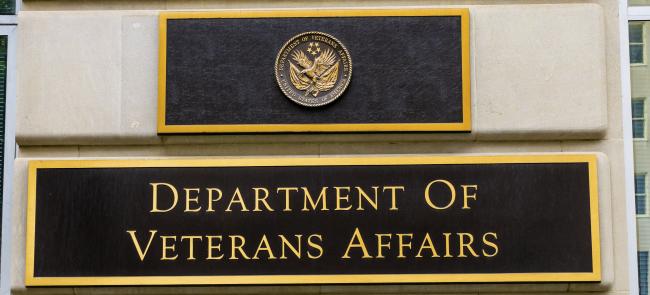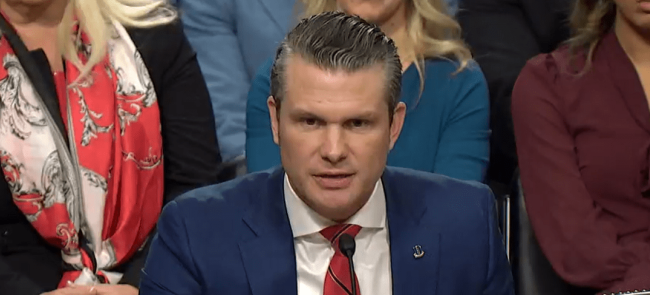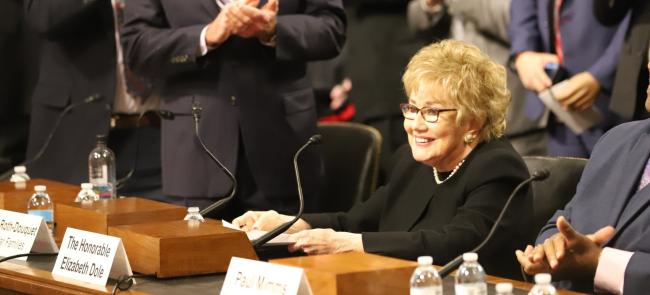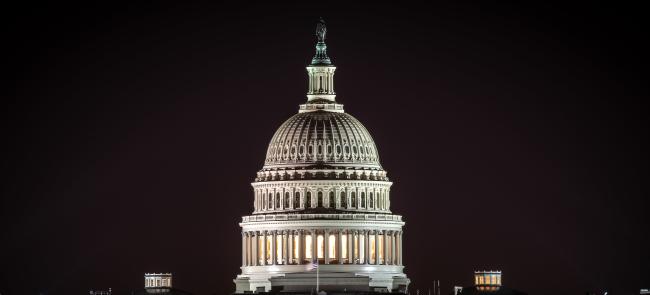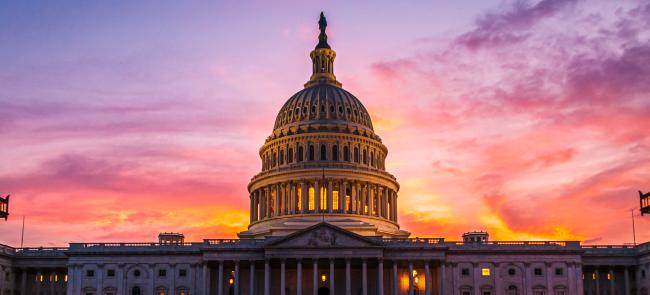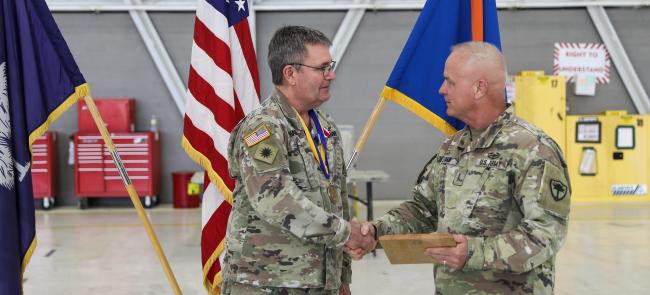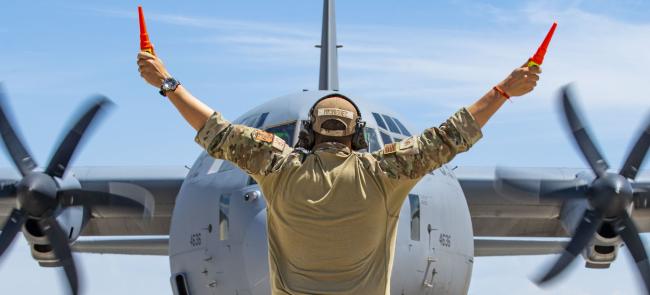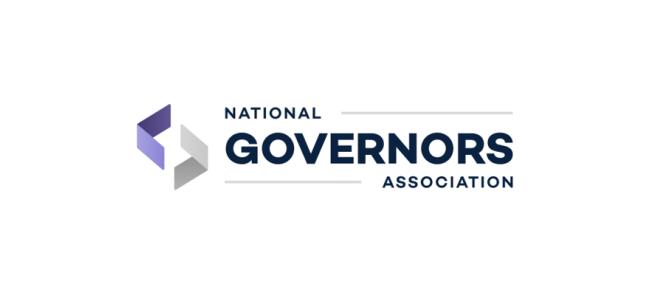
The House Armed Services Committee included no-cost dental care for every National Guardsman and Reservist in its version of the fiscal 2023 National Defense Authorization Act.
The language comes from a bill introduced earlier this month by Rep. Andy Kim, D-N.J., and Rep. Trent Kelly, R- Miss., two HASC members, at NGAUS's behest.
The measure is one of several Guard-related provisions association-staff has found as it combs the House draft of the always voluminous defense policy bill.
NGAUS will post a comprehensive analysis of the legislation later at www.ngaus.org.
The HASC completed initial work on the fiscal 2023 NDAA during a marathon session which began Wednesday morning and concluded early Thursday.
The Senate Armed Services Committee completed its markup the week before.
But the two committees operate differently.
The HASC marked up its NDAA in open session and released its product.
The SASC met behind closed doors and hasn't revealed its full work, although some details are public.
Both committees added tens of billions of dollars to President Joe Biden’s already record request of $813 billon for defense, with $773 billion going to the Defense Department.
The SASC added $45 billion beyond Biden's request, while the HASC added $37 billion.
Lawmakers cited 40-year-high inflation coupled with increasing threats worldwide as reasons for the increases.
Differences like these between the House and Senate versions will be reconciled in negotiations between the two chambers later this year.
Both committees varied on creating a Space National Guard.
For the second consecutive year, the HASC bill calls for a Space Guard, while the SASC's version takes no action.
Last year, language for launching a Space Guard didn't make the final bill.
NGAUS believes this year’s negotiations could produce a different result with growing Senate support for a Space Guard.
There are other Guard-related provisions in the HASC bill seemingly absent in the SASC version.
One provision is language that would backdate the effective date of rank for National Guard officers experiencing “undue delays” in the federal recognition of their state promotions.
Delays are defined as those exceeding 100 days from the date the National Guard Bureau deems an officer's application for federal recognition completely submitted by the state and ready for review.
NGAUS has kept lawmakers informed of increasing FEDREC delays.
Another provision would force military criminal investigative agencies to inform military personnel in writing when they are under investigation. It would be retroactive to investigations opened after Jan. 1, 2011.
NGAUS attributes the provision's language to the failure of the Army Criminal Investigative Division to inform hundreds of Guard soldiers they were being investigated during the service’s lengthy hunt for purported Guard Recruiting Assistance Program fraud.
Both committees included language in their respective versions that would require the Army to develop more strenuous fitness standards for soldiers in combat roles.
“It is obvious that a 100-pound artillery shell or a 150-pound rucksack or a 200-pound soldier that has to be moved to the top of a hill is different than using a keyboard,” said HASC amendment sponsor Rep. Mike Waltz, R-Fla., during committee debate.
- By John Goheen

